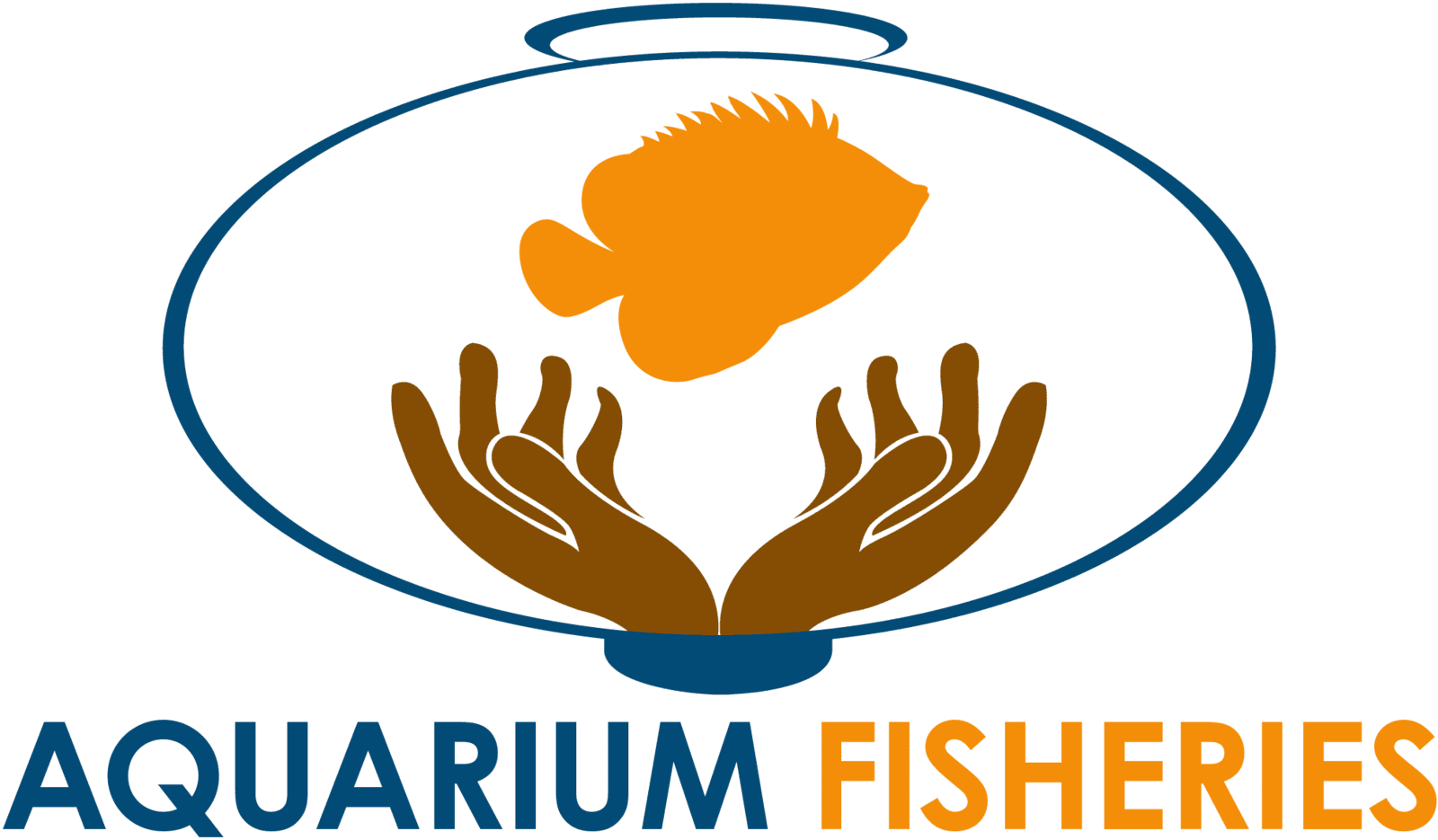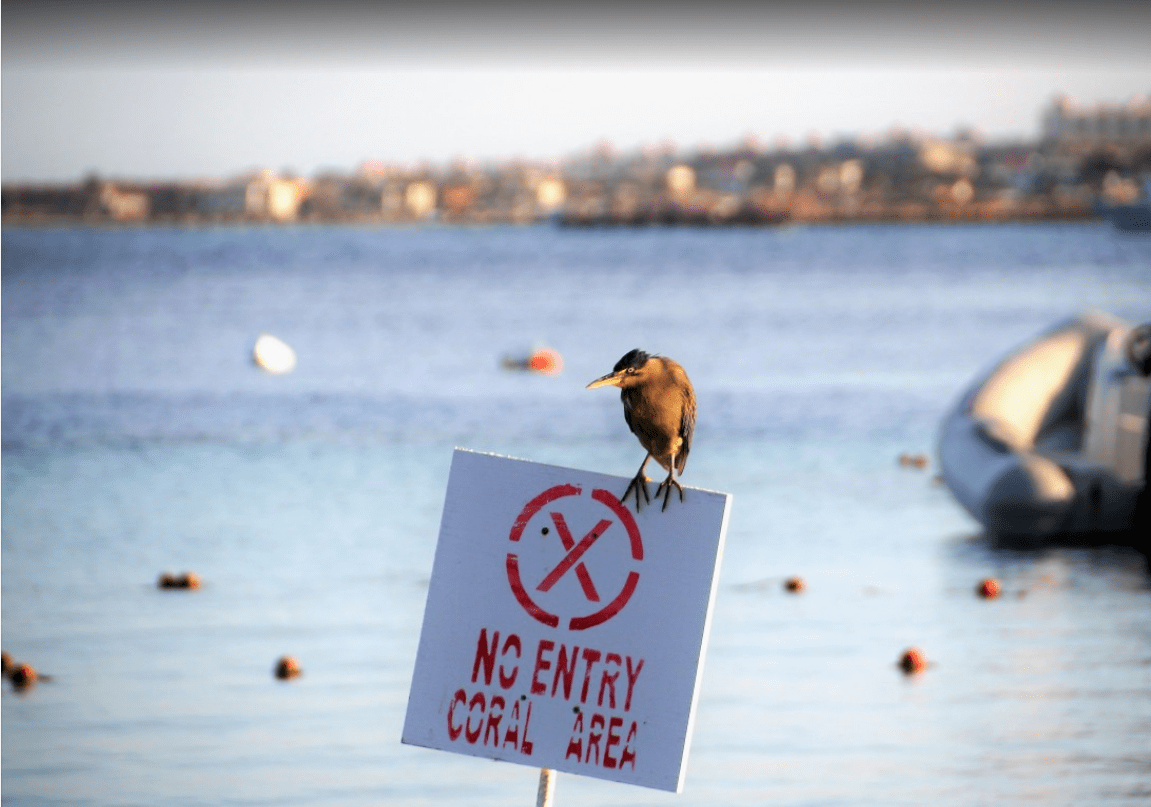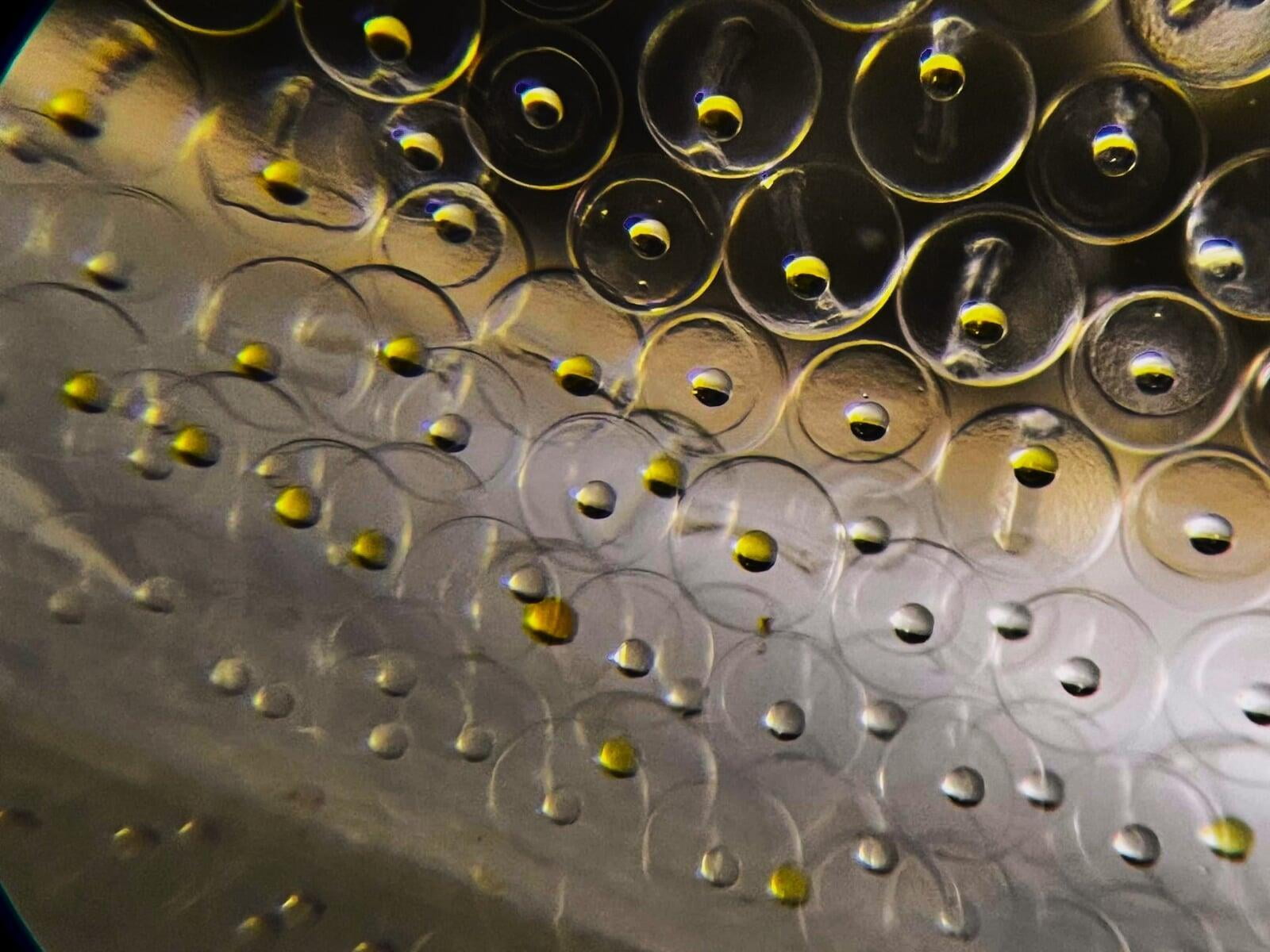Our Goal
To empower sustainable aquarium fisheries that support healthy aquatic ecosystems and the livelihoods of people who depend on them.
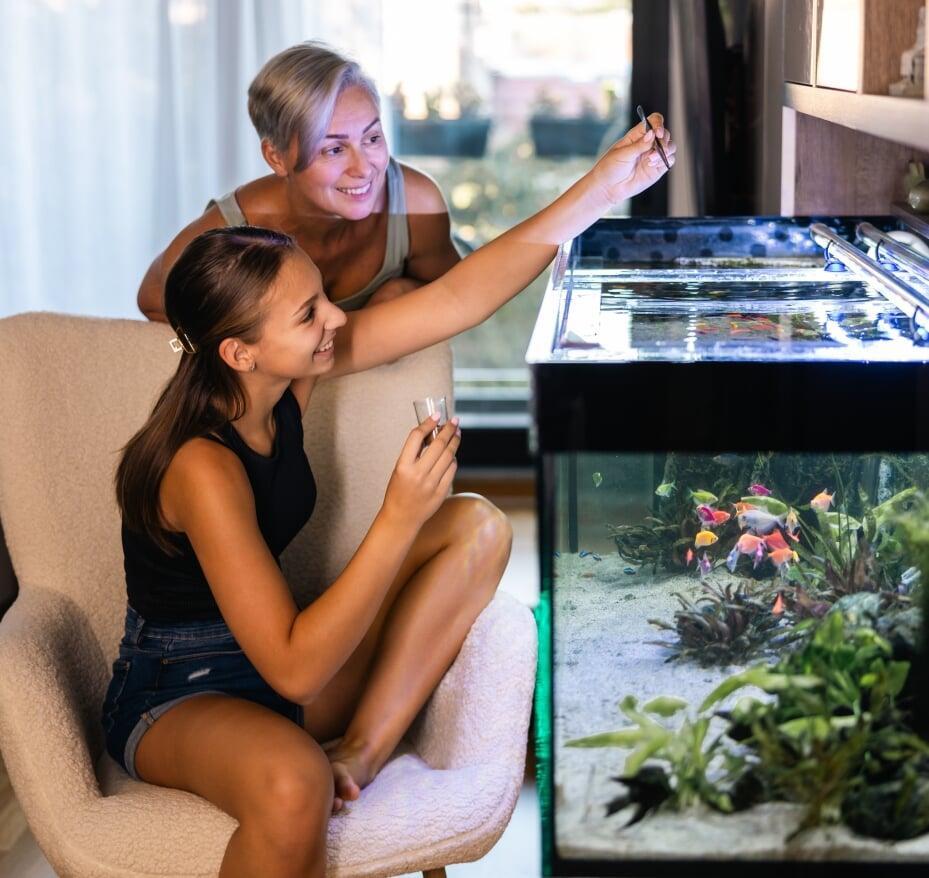
Aquariums Are Valuable to People and the Planet
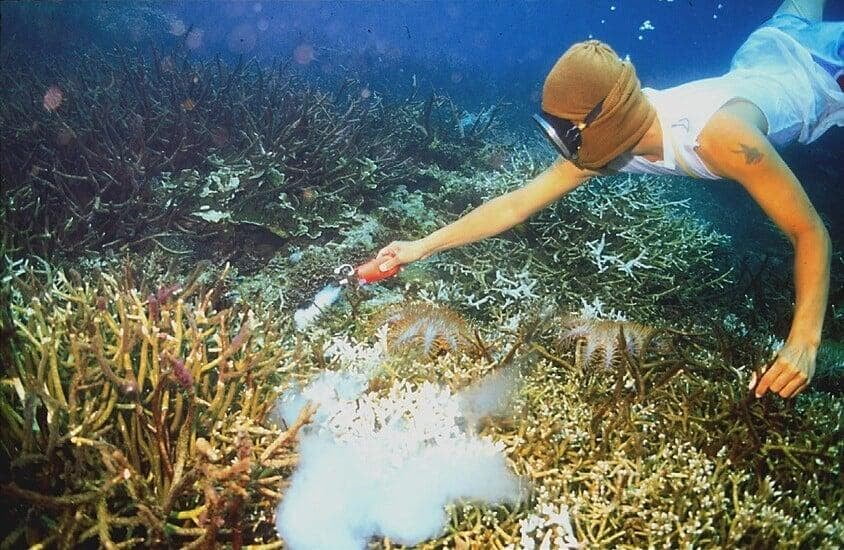
Aquarium Fish Face Threats When Overfished from the Wild
~22 million fish spanning ~2,000 species are collected from coral reefs around the world annually for the marine aquarium trade, sourced from 45 countries. In many of these source locales, there is little known about the population status of each of these species, or whether or not their fisheries are sustaining. Fisheries governance varies widely across the globe and is inadequate or non-existent in some places. Despite high profit margins enjoyed by traders closer to the consumer end of the value chain, fishers in some remote villages earn just pennies per fish, offering little incentive to handle, care for, and package them properly. Instead, fishers are incentivized to catch more fish to cover losses and provide for their families. This is compounded by destructive fishing techniques used in some places, like cyanide, which stuns fish rendering them easy to catch, poisoning them and surrounding reef habitats in the process. These are the challenges that Aquarium Fisheries set out to understand and reform.
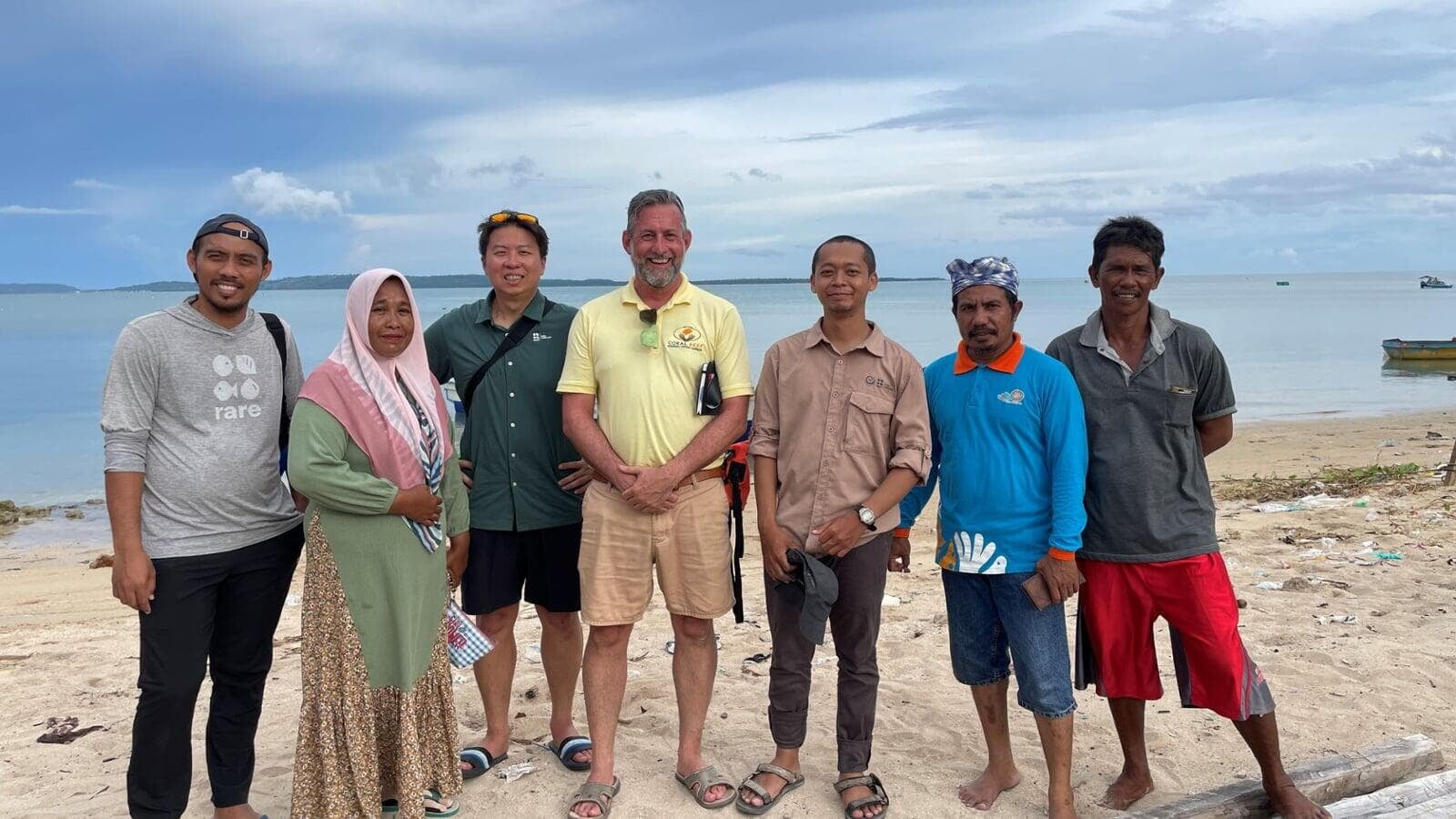
About Us
Aquarium Fisheries is a purpose-driven social enterprise working to transform the global aquarium trade into a force for ecological stewardship and community prosperity. We integrate science, policy, and commerce to ensure that the collection and care of aquarium fishes support both thriving aquatic ecosystems, and the livelihoods of coastal fishing communities.
Our work is rooted in three interwoven strategies: improving fisheries governance at both formal (agency) and informal (trade and fisher association) levels, enhancing supply chain (or, what we call, value chain) practices to increase fish survival and fisher income, and advancing aquaculture research to reduce pressure on wild populations. We partner closely with NGOs, government agencies, aquariums, universities, and aquarium businesses to co-create solutions that are equitable, scalable, and science-based.
As a registered charitable organization and a Conservation Partner of the Association of Zoos & Aquariums, we invest the majority of our profits in our mission. We’re committed to fostering an aquarium trade that is--all at once--beautiful, biodiverse, ethical, resilient, and inclusive. Aquarium Fisheries exists to prove that when conservation and commerce are aligned, both people and planet can thrive.
